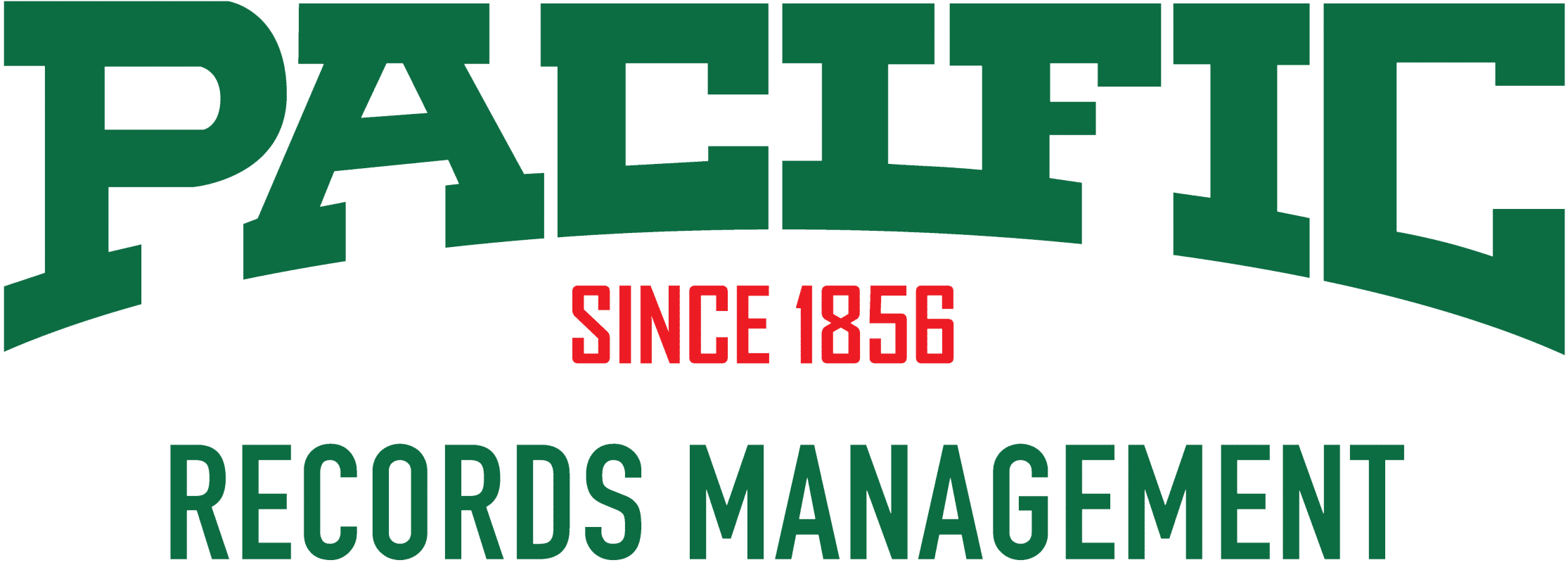Top Records Management Myths Exposed

Myth #1: Digital Storage Eliminates the Need for Records Management
The digital revolution has certainly transformed how we store information, but it hasn’t eliminated the need for robust records management. In fact, it may have made it more complex.
Why Digital Storage Alone Isn’t Enough
Digital storage without proper management creates what many professionals call “digital landfills” – vast repositories of poorly organized, difficult-to-access information. Consider these realities:
- Digital files require systematic naming conventions, metadata tagging, and organizational structures
- Electronic documents face the same retention requirements as physical records
- Technology obsolescence means digital formats need regular updating and migration
- Backup systems require their own management protocols to ensure data integrity
Without systematic records management, digital storage simply converts your paper chaos into electronic chaos—hardly progress!
Myth #2: Records Management Is Only for Large Enterprises
Many small and mid-sized businesses assume that formal records management is only necessary for corporate giants with massive document volumes.
How Small and Mid-Sized Businesses Benefit from Proper Records Management
Organizations of every size handle sensitive and business-critical information that requires proper management:
- Small businesses often have proportionally higher compliance burdens with fewer resources
- Limited storage space makes efficient document organization even more critical
- Staff in smaller organizations typically wear multiple hats, making systematic record-keeping essential for continuity
- Recovery from information loss or security breaches can be catastrophic for smaller entities
From solo practitioners to growing firms, records services provide scalable solutions that protect valuable information assets regardless of company size.
Myth #3: Compliance Equals Proper Records Management
Checking regulatory compliance boxes is essential, but it’s only one aspect of effective records management.
Understanding the Difference Between Compliance and Organization
Compliance establishes minimum requirements, while comprehensive records management delivers additional business benefits:
- Compliance focuses on specific document types and retention periods, while effective records management covers all business information
- Regulatory requirements set baseline standards, but optimal business operations often require more sophisticated approaches
- Records management improves operational efficiency beyond mere compliance
- Strategic information governance addresses both legal requirements and business needs
Our PRISM Privacy+ certification demonstrates our commitment to exceeding basic compliance standards with comprehensive information governance practices.
Myth #4: Cloud Storage Guarantees Security and Compliance
Cloud solutions offer tremendous benefits, but they’re not a security or compliance cure-all.
Best Practices for Secure Cloud-Based Record Keeping
Cloud storage is only as secure and compliant as you make it:
- Cloud providers typically operate under a shared responsibility model – they secure the infrastructure, but you must secure your content
- Geographic data location matters for regulatory compliance
- Data backup and disaster recovery require attention even in cloud environments
- Access controls remain your responsibility in most cloud arrangements
For sensitive information, consider solutions like secure vault storage that combine physical security with digital accessibility.
Effective records management combines technology, processes, and expertise to ensure your business information remains accessible, protected, and compliant. Understanding the realities beyond these common myths helps organizations make informed decisions about their information governance strategies.
Looking to improve your organization’s records management approach? Contact Pacific Records for solutions tailored to your specific needs and challenges.
